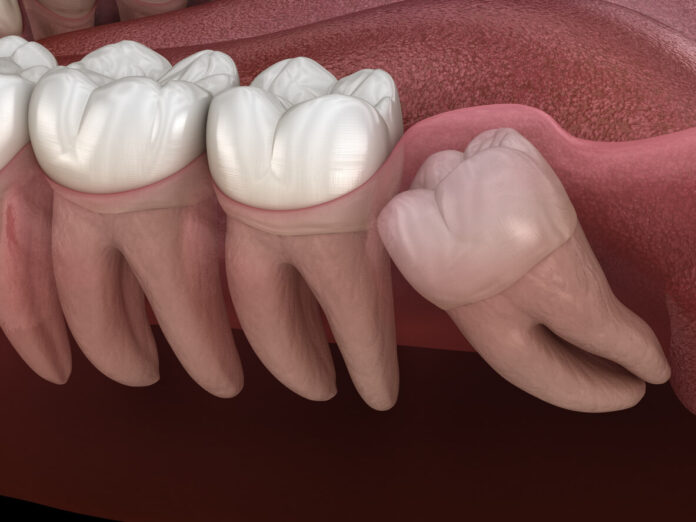
Wisdom tooth extraction is a common dental procedure. But, even so, it requires preparations because the surgery is not that simple.
The truth is – many people find this treatment as a frightening dental surgery. Apart from the pains of the process itself, it also impacts your overall wellness, as well, especially after the procedure.
Nevertheless, with the right expectations and preparations, worry and fear are controllable and manageable. This is why it is essential for any individual to have an idea of how the process goes.
When Wisdom Teeth Removal Is Necessary
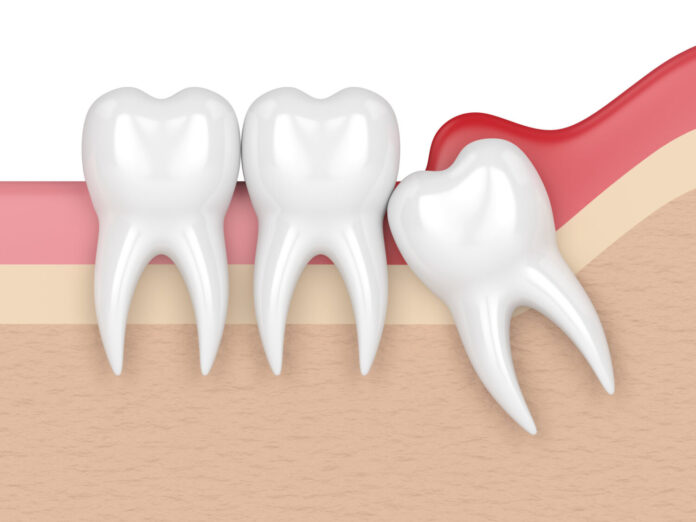
The removal of a wisdom tooth is not for everyone. Although the surgery is quite common, dentists recommend or require it in specific cases only.
The recommendations come as the risks of dental and oral issues arise further.
- They’re impacted
You will need a wisdom tooth removal if the tooth in question is impacted. This means that the tooth has not come out normally, either trapped in your gums or jawbone.
This is very painful, which is why the tooth must be removed. Also, dentists will need an x-ray to confirm whether the wisdom tooth is, indeed, impacted, and by how much.
- They come in at the wrong angle
Another reason why surgery is necessary is arriving at the wrong angle. When the tooth comes out, and it presses against your other teeth, removal should be done to decrease the risks of further harm.
Several things can happen when the tooth comes at the wrong angle. To prevent these scenarios, removal is necessary.
- You have cavities or gum disease
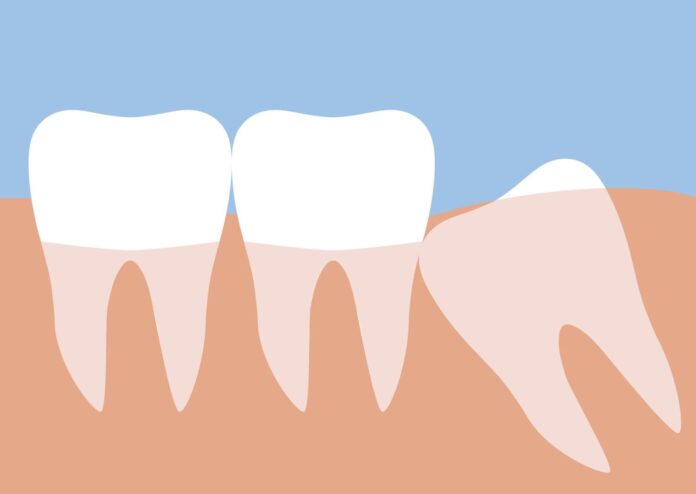
Dentists will recommend wisdom tooth extraction, as well, when you have cavities or gum diseases. This is because the issues and concerns may worsen in the long run, considering that wisdom teeth are too far to reach inside your mouth.
You may not be able to clean the area properly with a toothbrush or dental floss.
- Damage to a nearby tooth or surrounding bone
Likewise, extraction is necessary when there is damage to the neighboring teeth. The issues may worsen, especially if the problem affects the wisdom tooth, as well.
- Trapping food and debris behind the wisdom tooth
Dentists can also determine whether you are able to practice proper dental and oral hygiene by checking your wisdom teeth. If there are debris and trappings of foods behind the teeth in question, they may recommend extraction as problems may arise if not.
During The Surgery
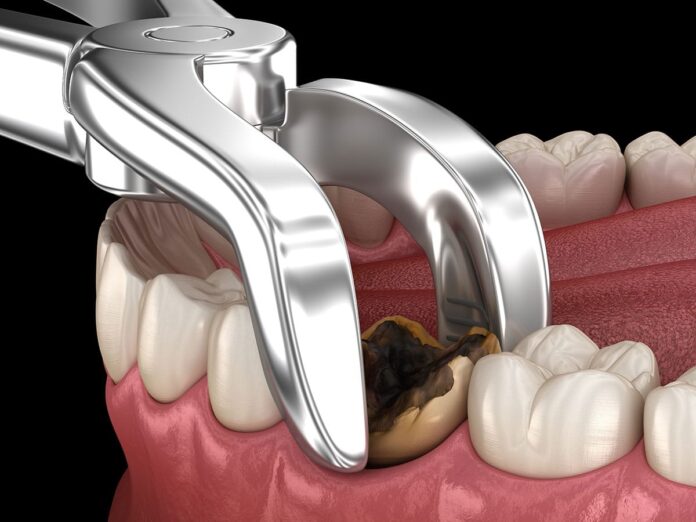
During the surgery, patients are placed under anesthesia. Depending on the complexity of the process, as well as the severity of the condition, your dentist will utilize one of the three types of anesthesia.
- Local anesthesia
Local anesthesia shots include lidocaine, novocaine, and mepivacaine. They will cause numbness in your mouth with a shot of these anesthetics.
You will feel alert shortly after a while. But, the shots usually cover the entire procedure, especially if it only entails simple extraction.
- Sedation anesthesia
Sedation anesthesia causes numbness, as well, in your mouth. But, apart from it, you may also fall asleep after administering the drug.
Dentists administer the anesthetic by giving the drugs through a vein in your arm. Hence, the name, IV sedation.
- General anesthesia
When you get general anesthesia, you will be asleep during the entirety of the procedure. You may not wake up, as well, for another hour or so after the surgery.
Things To Expect After The Procedure
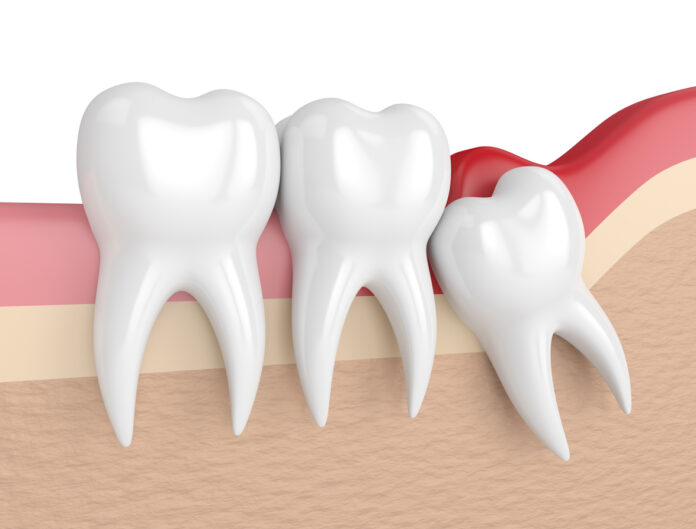
Once the procedure is done, healing may take a while. Therefore, preparations are necessary to make yourself as comfortable as possible. This may also help speed up the recovery process.
- Bleeding
Bleeding may occur during the first few days after the procedure. Avoid spitting too much and replace the gauze over the extraction site as advised by your dentist.
- Swelling and bruising
When swelling and bruising occur, utilize ice packets in the area of concern. In most cases, swelling improves after two to three days. Meanwhile, bruising may take a little longer to improve.
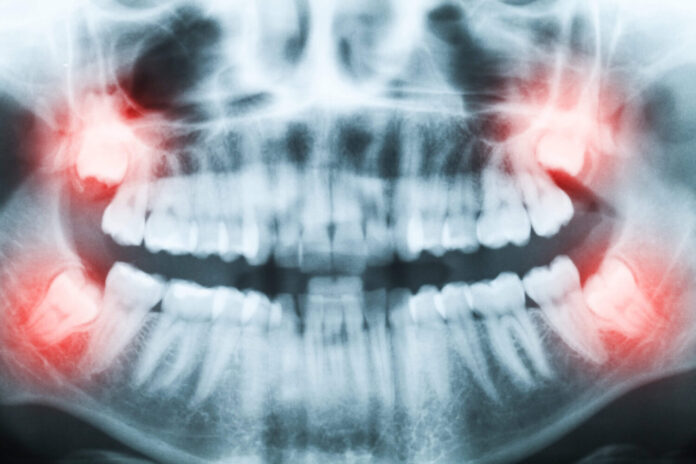
- Stitches
If you have stitches after the surgery, they may dissolve after a while, depending on the dentist’s advice. There are cases, as well, when patients need to return to the dentist’s office to have the stitches removed.
Whatever the case, though, make sure to ask your dentist about these things.
- Maintaining hygiene
Maintaining hygiene is crucial, especially after the surgery. But, you will need to follow specific ways to avoid causing pain and other problems. These will also help you practice your hygiene more effectively and efficiently.
During the first 24 hours, you should not brush your teeth or rinse your mouth. You should stay away from mouthwash, as well.
Final Thoughts
It is okay to have worries and fears about wisdom teeth removal. But, with the right mindset, which you can come across with reliable knowledge, you can effectively ease your mind, as well as yourself.
This is just a guide for you to know what are the things you must know about this dental procedure. Even so, it is still best to consult with your dentist markhamsmilecentre.ca for more information.
Besides, every condition is different. What may be fitting for others may not be the best in your case. So, ensure to have effective communication with your dentist.








